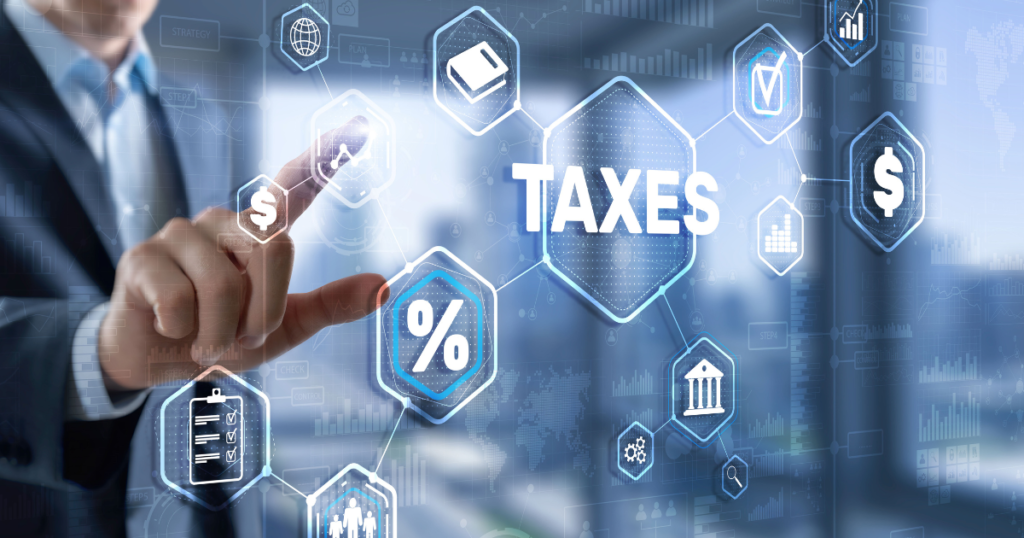Taxation of Crypto Assets in Ireland

Taxation of Crypto Assets in Ireland
Revenue updated their manual on the tax treatment of crypto-asset transaction. They have included more detailed guidance on various aspects of the asset. Below is an outline of the guidance but each individual activity must be considered on the basis of its individual facts and circumstances. As with any other activity, the treatment of income received from, or charges made in connection with, activities involving crypto-assets will depend on the activities and the parties involved. The relevant legislation and case law must be applied to determine the correct tax treatment. Each case must be considered on the basis of its own individual facts and circumstances.
The sale, transfer, or redemption of crypto-assets is most likely to be a disposal for CGT purposes unless, based on the facts and circumstances, there is a trade of dealing in crypto-assets being carried on Businesses that accept crypto-assets as payment.
For businesses which accept payment for goods or services in crypto-assets there is no change to when revenue is recognised or how taxable profits are calculated. Where there is an underlying tax event on a transaction involving the use of a crypto-asset there is a requirement in the tax code for a record to be kept of that transaction which will include any record in relation to the crypto-asset.
How to decide what tax to pay?
Income Tax
The question of whether a trade of dealing in crypto-assets is taking place or has taken place depends on several factors and the individual circumstances. Whether an individual is engaged in a financial trade of buying and selling crypto-assets will ultimately be a question of fact. It is often the case that individuals and companies entering into transactions relating to crypto-assets will describe the transaction as a ‘trade’. The use of the word ‘trade’ in this context is not sufficient to be regarded as a financial trade for tax purposes. A trade in crypto-assets would be similar in nature to a trade in shares, securities, or other assets. Revenue has published guidance1 on trading in shares, securities, or other assets which is Tax and Duty Manual Part 02-01-03 4 drawn from existing caselaw. This guidance should be consulted when making a decision whether the activity of buying and selling crypto-assets is trading. Where a non-incorporated business makes a trading profit or loss on crypto-asset transactions this must be reflected in their accounts and will be taxable in accordance with normal IT rules.

Corporation Tax
The profits and losses of a company entering into transactions involving crypto-assets would be reflected in accounts and, where they arise from a trade, will be taxable under normal CT rules. Section 402(1) TCA 1997 defines a company’s functional currency and recognises that companies can prepare their accounts in a currency other than the Euro where that other currency is their functional currency. As cryptocurrencies are not a functional currency as defined, accounts, for tax purposes, cannot be prepared in cryptocurrencies: Euro or functional currency accounts must be prepared. Capital Gains Tax individuals CGT is a tax on gains that arise on the disposal of assets such as land, buildings, shares, and crypto-assets. This is not an exhaustive list and further guidance on CGT is available on the CGT section of the Revenue website. Irish resident individuals are generally subject to CGT on gains arising on the disposal of assets. In simple terms, the gain subject to CGT is calculated as the sales proceeds less the costs of the asset. The resulting figure is known as a chargeable gain. This must be calculated for each disposal of each asset separately. Where an individual incurs a loss on an investment in an asset, that loss can (in most cases) be deducted from a chargeable gain in the same or future periods. If the loss is greater than the gain, the remaining loss can be carried forward to future periods for use against future chargeable gains. If the loss is less than the chargeable gain, or if there is no loss to be offset, the individual is entitled to claim an annual exemption amount of €1,270. This annual personal exemption can only be used to reduce a chargeable gain–it cannot be used to create a loss i.e. if a chargeable gain is less than €1,270 the annual personal exemption is limited to the amount of the gain. Any remaining chargeable gain is taxed at the appropriate rate of CGT.
Payroll Treatment of Crypto-assets
Where emoluments payable to an employee or director are paid in crypto-assets, the value of the emoluments for the purposes of calculating payroll taxes is the Euro amount attaching to the crypto-asset at the time the payment is made to the employee or director. Returns to Revenue must be shown in Euro amounts and remittances made appropriately. Where crypto-assets are provided to an employee or director free of charge or for a reduced amount, normal benefit-in-kind rules will apply. Where an employee or director is given a right or option to acquire assets by their employer, which may include crypto-assets, the tax treatment is similar to the right or option to acquire share options.
Valuation of Crypto-assets
Many crypto-assets, such as Bitcoin, are traded on a number of exchanges. Unlike shares or commodities, the value of the crypto-assets may vary between exchanges. Therefore, there is not always a single “exchange rate” for crypto-assets. A reasonable effort should be made to use anappropriate valuation for the transaction in question.
Record keeping of Crypto Asset Transactions
The record keeping provisions set out here apply to transactions involving crypto-assets as they apply to all other records relating to tax. Where the records are stored in a wallet or vault on a device such as a personal computer, mobile phone or similar device, these records, when requested, must be made available to Revenue. Taxpayers are reminded that these records must be retained for a period of 6 years in line with legislation.
Why Work with Gallagher Keane Chartered Accountants?
Gallagher Keane provide professional accounting, tax, and financial advice. We can help you to make better informed business decisions to reach your goals effectively.
Get In Touch
If you are interested in finding out how we can help your business achieve business brilliance, please book a no obligation call.


